Public universities in Germany stand testament to the nation’s belief that education should not be commercialised and is a responsibility of the state. In 2014, 16 states of Germany came together in a decision to abolish tuition fees in public universities.
What does it mean for the quality of higher education, you ask? While there are great private universities, if you look at the top ten list of the best universities in Germany according to QS rankings, you will notice that all of them are public universities. About 300 German universities are state funded and provide world class education for greater welfare and economic growth. So, the quality is not compromised.
Alright, but do international students benefit from this? The answer is yes. When the universities offer free tuition, they offer free tuition for every student. There is a reason why over 400,000 foreign students are studying in Germany. For many this is a good reason to pick Germany over other countries – although it’s best to do a comparison between destinations before making your final decision. You can, for instance, know more about what it means to study in Germany or the UK, or other countries to understand your needs better.






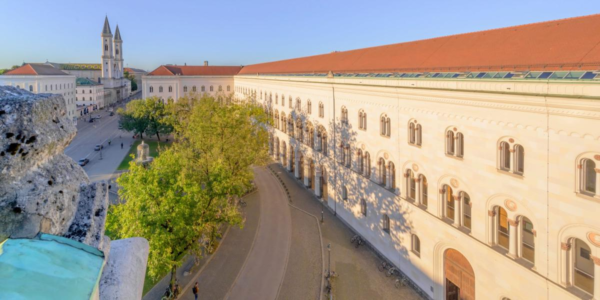

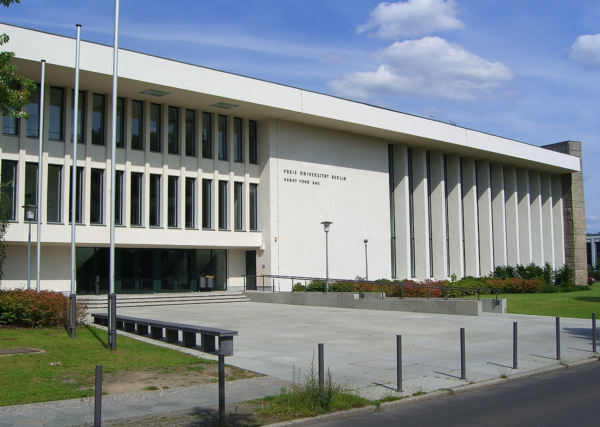
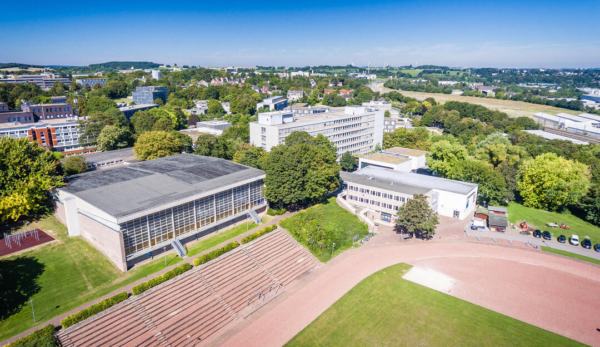





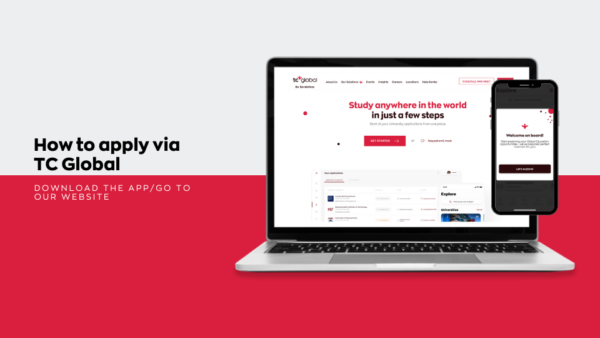
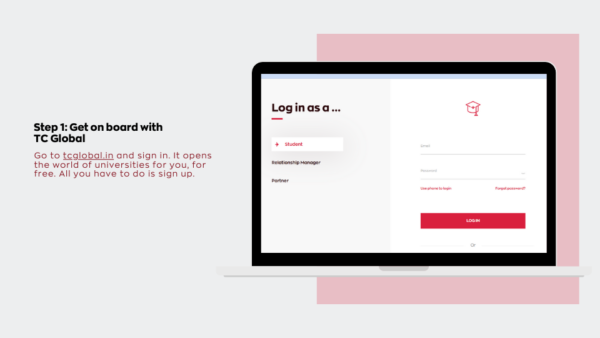
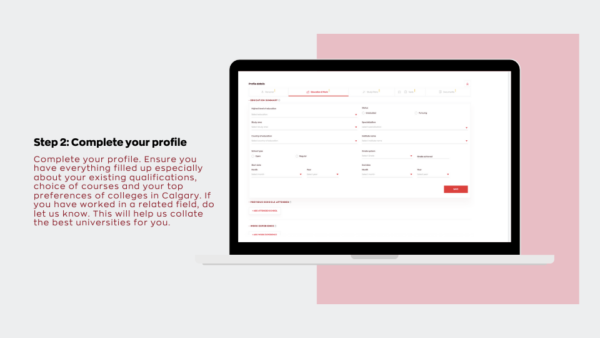
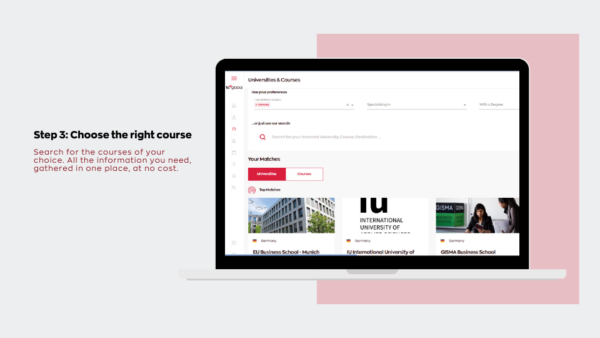

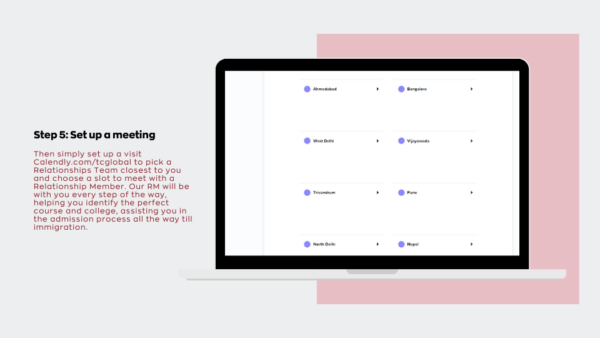







![Best Universities in New Zealand for International Students [2025 Rankings]](https://tcglobal.com/wp-content/uploads/2025/09/Best-Universities-in-New-Zealand-for-International-Students-2025-Rankings-600x338.png)